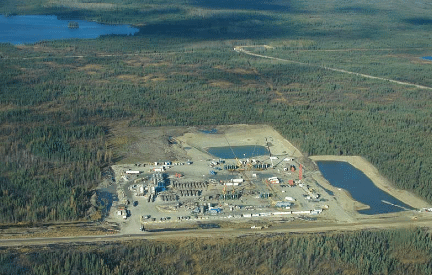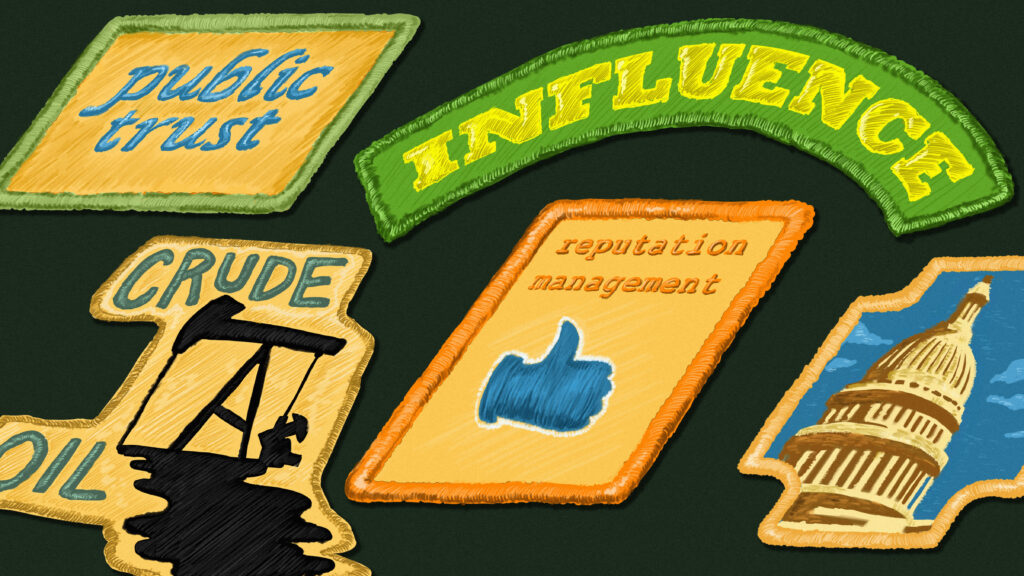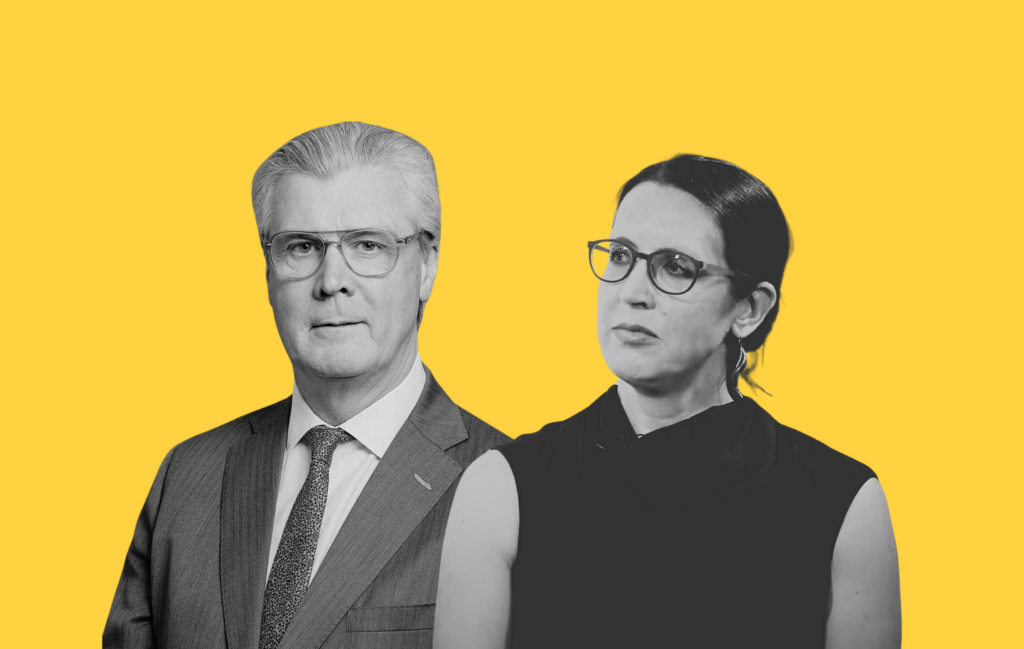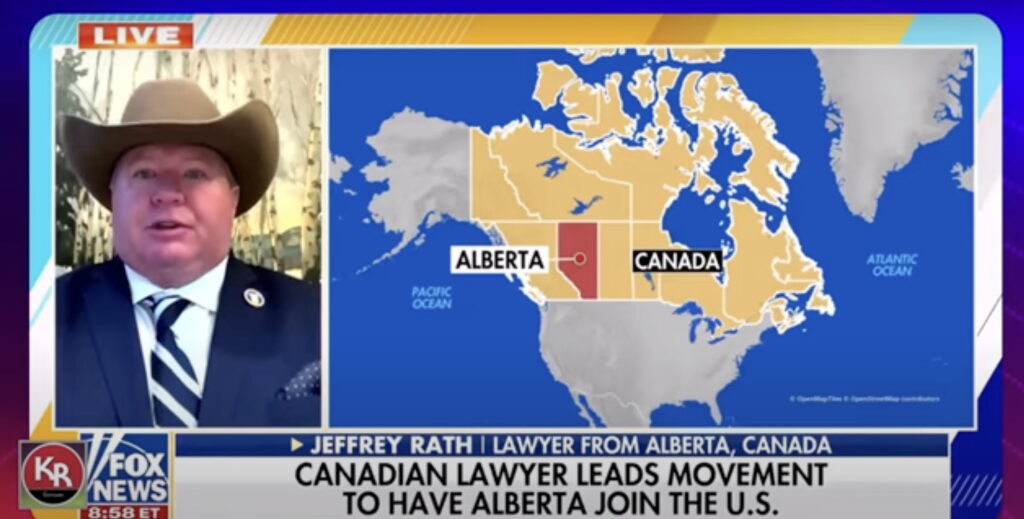Yesterday the Canadian Broadcast Corporation (CBC) announced their investigative series on fracking in British Columbia. The feature report will cover the rise of the shale boom in the province’s remote northeast corner. The CBC radio report, called Cornering Gas, presents an opportunity for people to voice their concerns about the controversial fracking process and take part in the growing debate over BC’s role in the country’s energy future.
As the CBC reports, shale gas in BC has ballooned into a multi-billion-dollar industry and is expected to transform the province’s remote regions into bustling boom towns. CBC host Robert Boane and reporter Betsy Trumpener traveled to Fort Nelson to conduct interviews within a ‘boom no bust‘ atmosphere. Fort Nelson, a town of 4000, is expected to triple in size.
Two of Canada’s most plentiful shale gas deposits are in the area where some of the largest fracking operations in the world are taking place. Kerry Guy, speaking on behalf of the Canadian Association of Petroleum Producers (CAPP), told the CBC they currently estimate more than a century’s worth of shale gas in the region.
But the shale gas boom in BC has brought a lot more in its wake than just short-term economic opportunity.
The sheer size of gas operations in the area means rampant industrialization of the region’s forests with new roads, camps, well pads, pipelines and water and waste storage pits. And where there is fracking, there are immediate threats to air and water quality.
The province has been green lighting operations for years and some more recent decisions have caused serious concern among residents in the area. In July, the BC Oil and Gas Commission granted Talisman Energy permission to annually withdrawal more than 78 million cubic meters of water from the province’s largest fresh water reservoir, without charge.
The welcome reception of the industry in the area also has residents worried that the government is not doing their due diligence in monitoring the industry. And while the government maintains that there are strict protections in place, there are few officials present to enforce the rules and impose penalties when short cuts are taken. Critics feel the BC government is sidestepping the public consultation process.
Because of its remoteness, however, fracking in BC has remained largely out of mind.
“Something that disturbs me is that the government has all kinds of satellite imagery within its ministry but this isn’t shared with the public so we can’t see what’s going on. The government arranges it so that if you want [information] they can charge you an arm and a leg. I see this as a fundamental problem: we don’t have at our fingertips the kind of information from our government that we need. And I think that’s being done purposely.”
Subscribe to our newsletter
Stay up to date with DeSmog news and alerts







